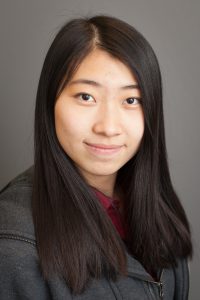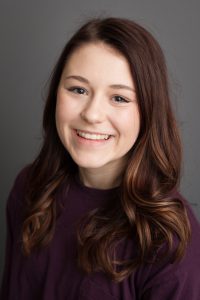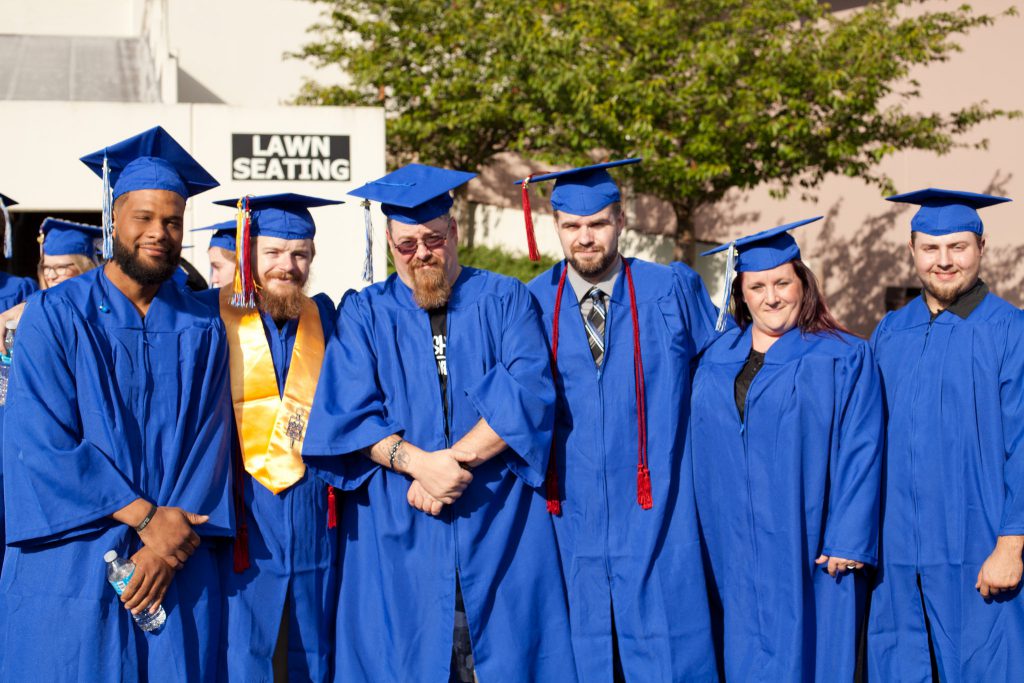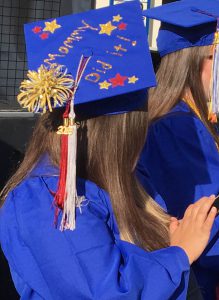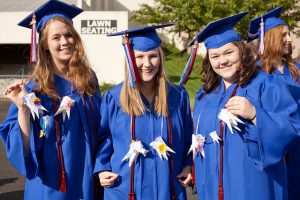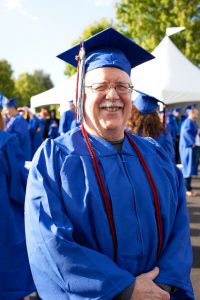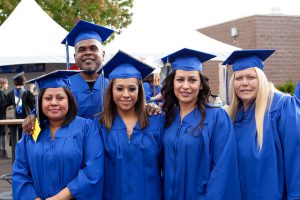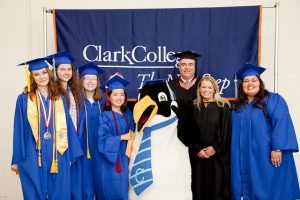Global dreams converge at Clark
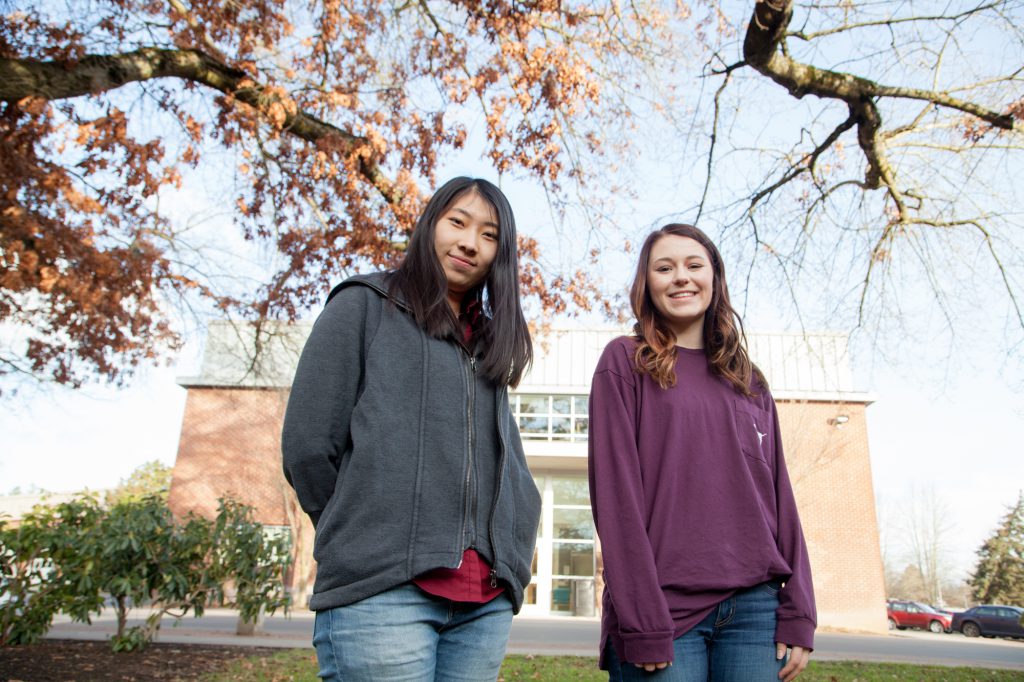
Ruixuan Bai and Meghan Jackson are Clark College’s nominees to the 2017 All-Washington Academic Team.
One student plans to spend her career overseas; the other traveled across an ocean to study here. But on March 23, the stories of Meghan Jackson and Ruixuan Bai will converge when they represent Clark College at the 22nd annual All-Washington Academic Team ceremony honoring 63 students from Washington state for their academic excellence and community service.
The All-Washington Academic Team is a program of Phi Theta Kappa, the international honor society for two-year colleges. Top students from each of Washington state’s 34 community and technical colleges will be honored at the annual ceremony, which will be held at South Puget Sound Community College in Olympia; each will receive a medal and scholarship, and will become eligible for addition transfer scholarships from in-state colleges and universities.
About Ruixuan Bai
When Ruixuan Bai first traveled from China to Clark College to study as an international student, it was her first time riding in an airplane. Bai, now 21, began her educational journey at Clark in the college’s Intensive English Language Program three years ago. She has since become an active member of the Clark community. She has served as both a Transitional Studies Peer Mentor and an International Peer Mentor at the college, as well as vice president of the Associated Students of Clark College, president of the Chinese Culture Club, and president of the college’s chapter of Phi Theta Kappa. Additionally, she volunteers at Peace Health Center and at Share House.
A first-generation college student, Bai chose to study in America on the advice of her parents, who urged her to broaden her horizons and learn from other cultures. She chose Clark in part for reasons of affordability and in part because of its prestigious nursing program.
“At first it was hard,” she said. “I didn’t know that much language. I wasn’t used to the food—I wound up in the emergency room because my stomach hurt so much. But I really like the people here. They are very kind and very patient with my English. And I can eat the food now!”
Bai developed her goal of working in medicine after the death of her beloved aunt from uterine cancer. Currently, Bai is double-majoring in biology and business. She holds a 3.85 grade point average and plans to graduate from Clark in fall 2017, after which she hopes to continue her education in the United States.
“I want to have a better future, but I’m still deciding what that will look like,” she said. “I like the life here, but I miss my country and my family. I haven’t celebrated Chinese New Year since I came here.”
About Meghan Jackson
Meghan Jackson came to Clark College through Running Start, a Washington state program that allows high school students to earn college credit. The Washougal High School student said she was looking for an advanced learning environment, as well as the opportunity to explore interests before entering a four-year institution.
“College was always a given for me, but I never really knew what I wanted to study,” said Jackson, 17. “Part of why I wanted to do Running Start was so I could try different classes and find out what interested me most.”
The strategy worked: Inspired by her women’s studies and political science courses at Clark, Jackson decided to pursue a career in international diplomacy. She has maintained a 4.0 grade point average at Clark and expects to graduate in spring 2017. In addition to her studies, Jackson plays high school soccer and serves as president of Washougal High’s American Sign Language Club.
Thanks to Running Start, Jackson may be able to enter university with sophomore or junior standing, thereby helping relieve the financial burden of college tuition for her parents. She says earning scholarships like the one provided to All-Washington Academic Team members not only helps further ease that financial burden, but also helps confirm her decision to begin college at an early age.
“I work really hard, I study a lot,” Jackson said. “To be able to say I’m a part of this, it’s special to me.”
Photos: Clark College/Jenny Shadley
